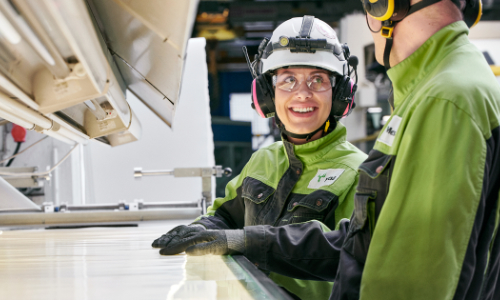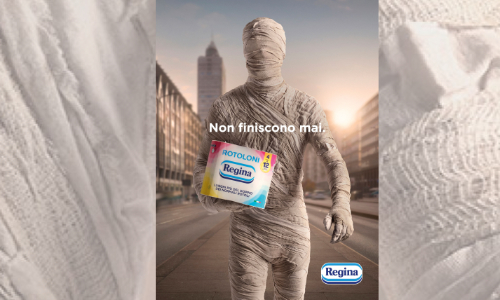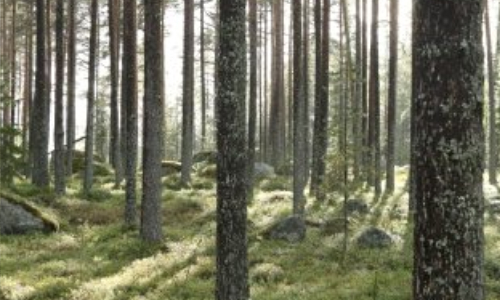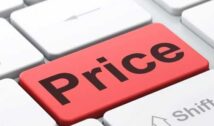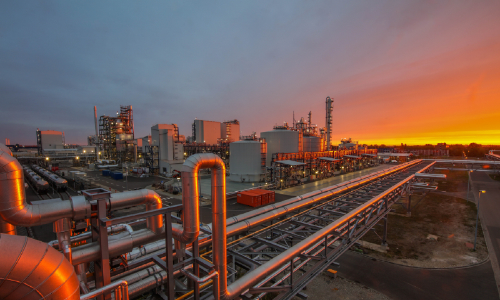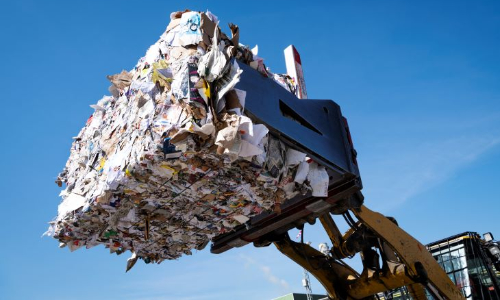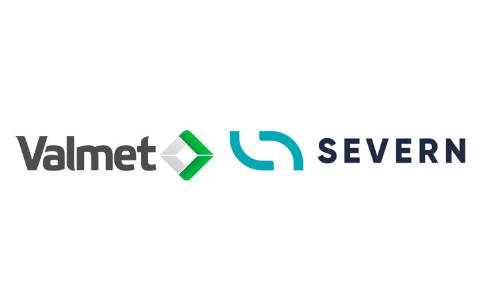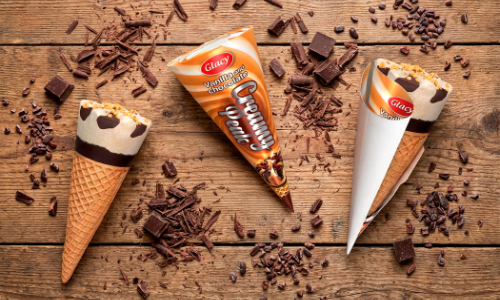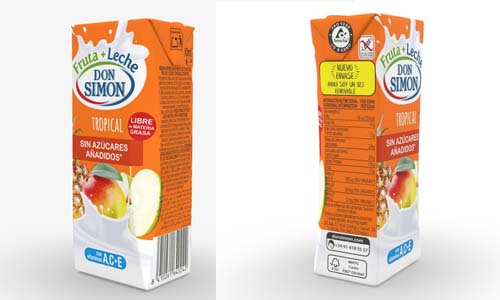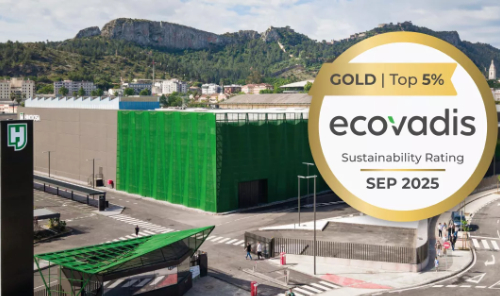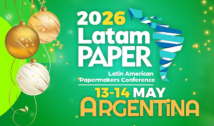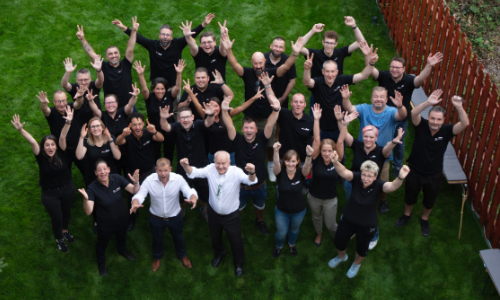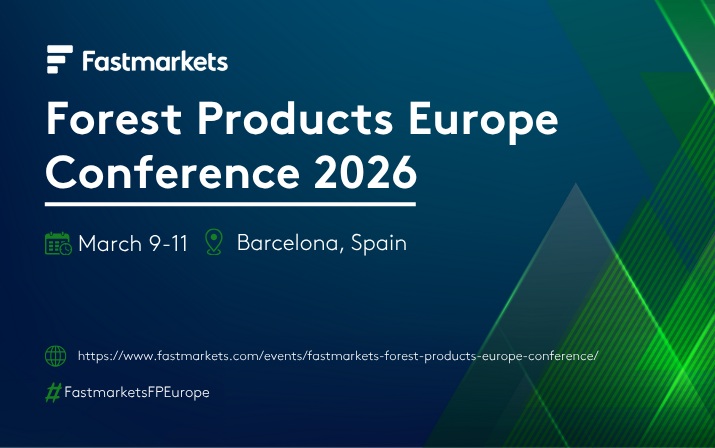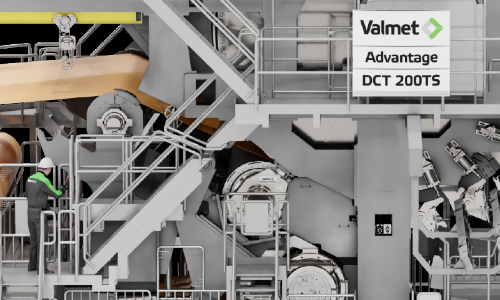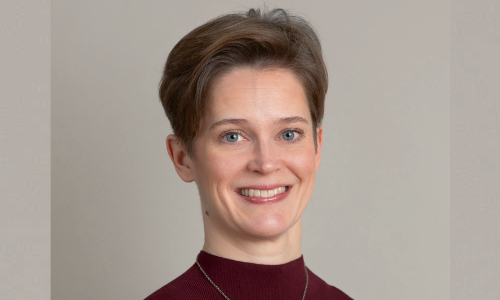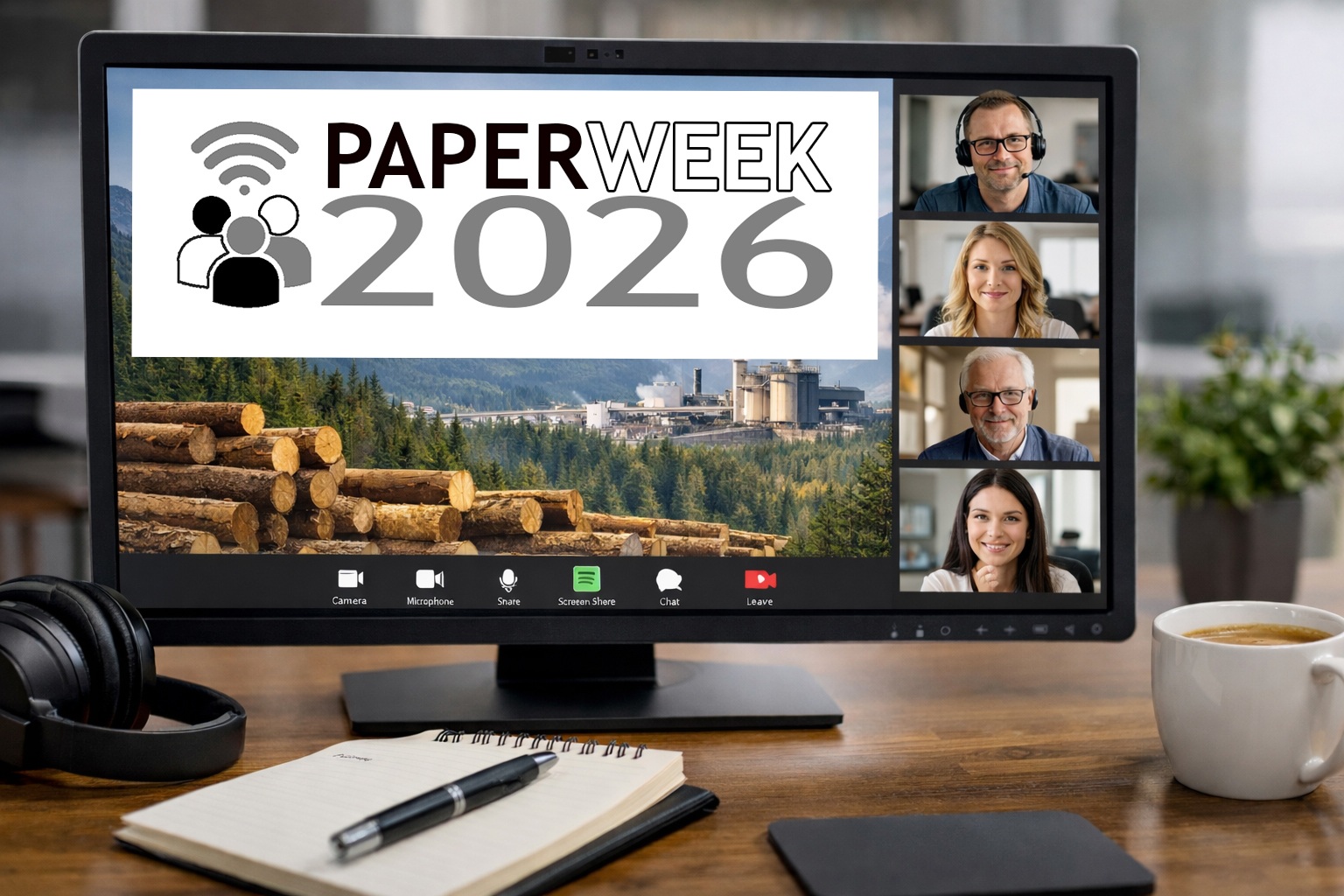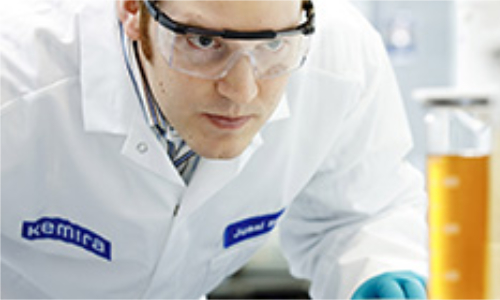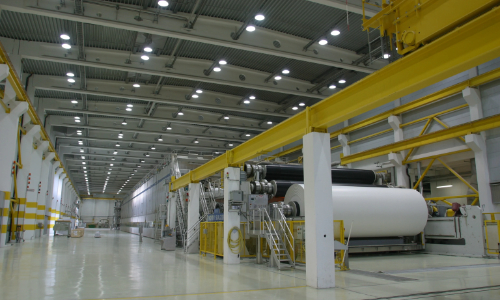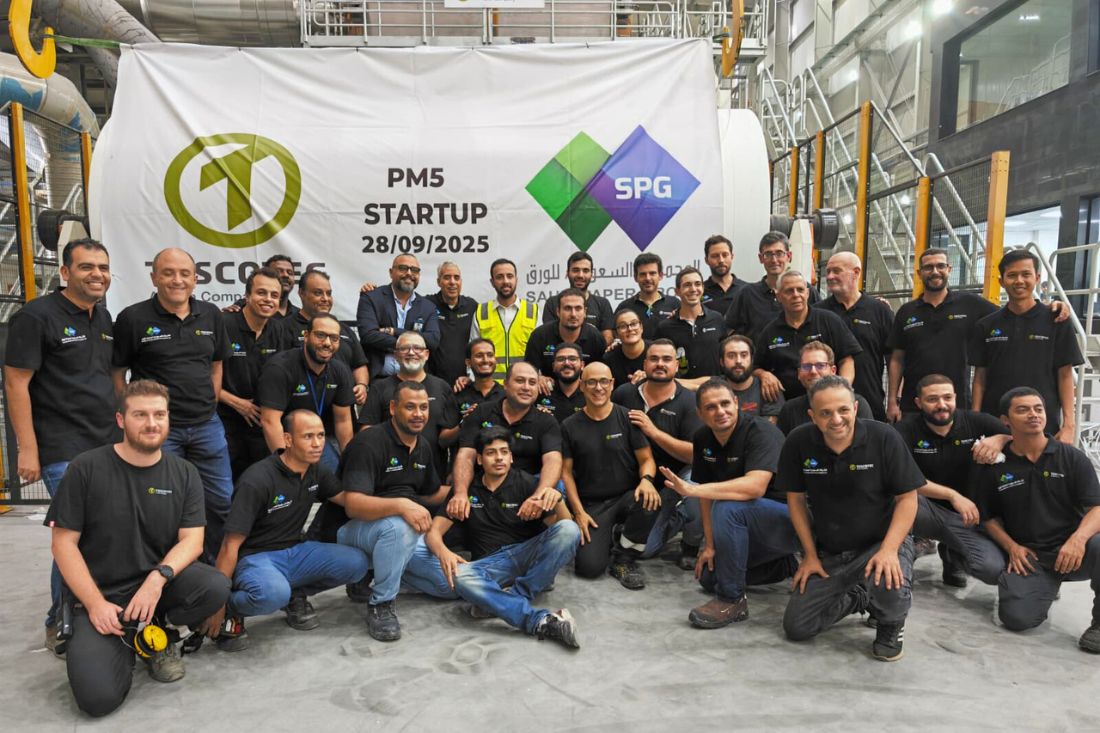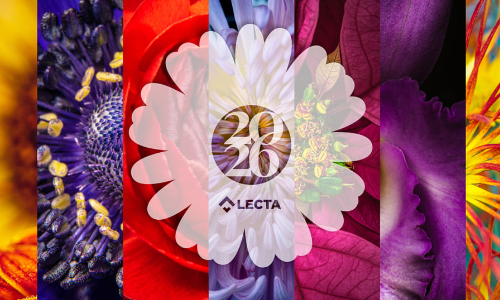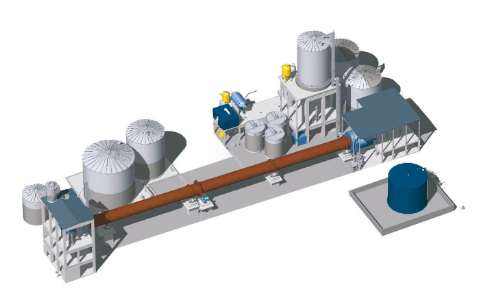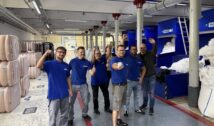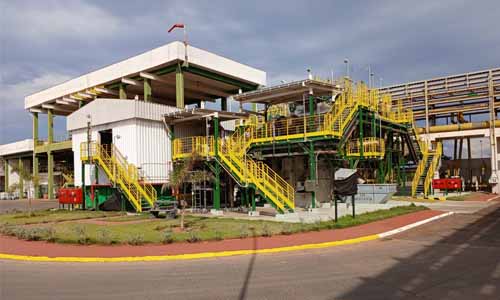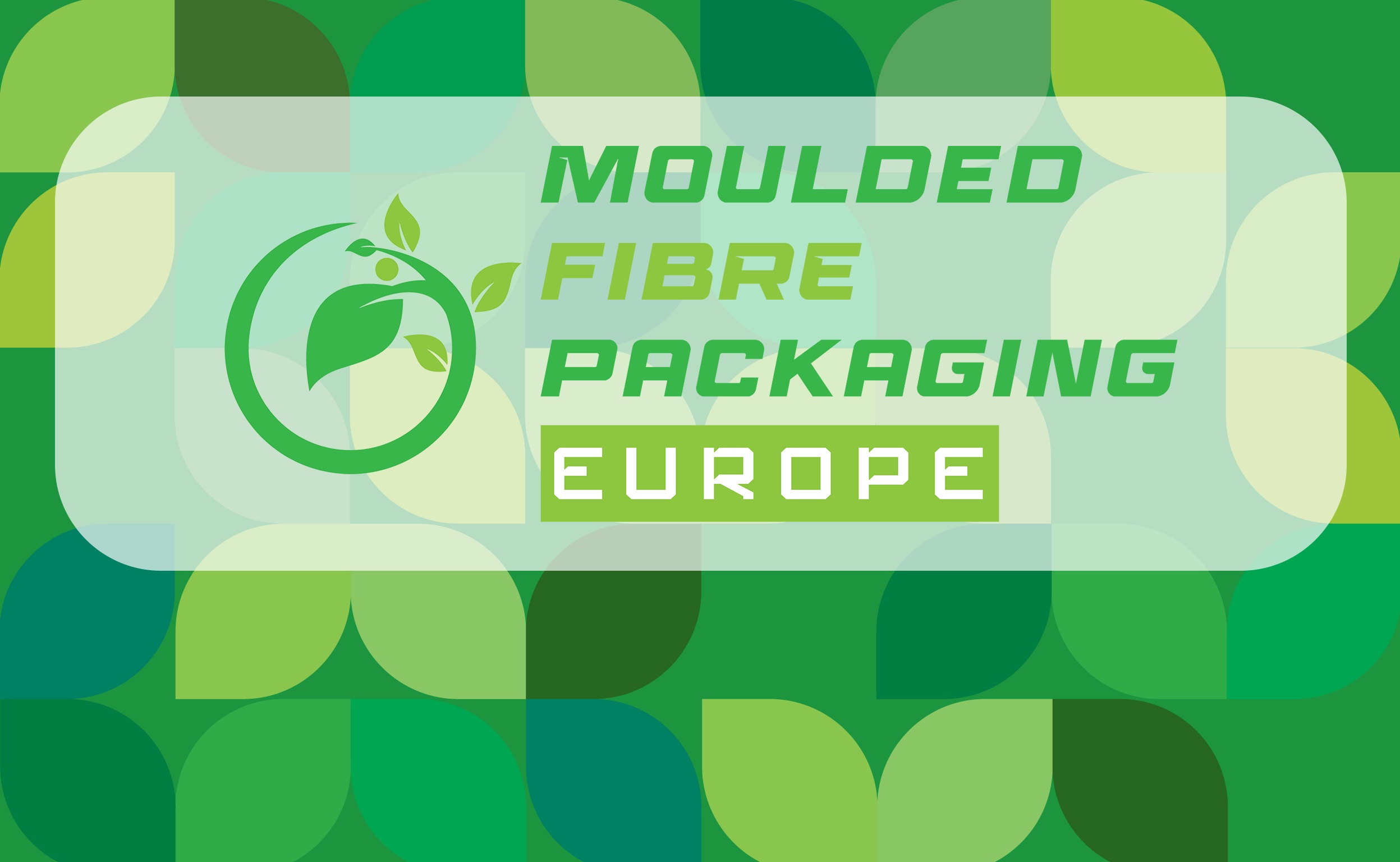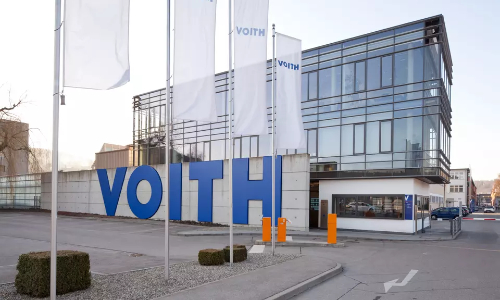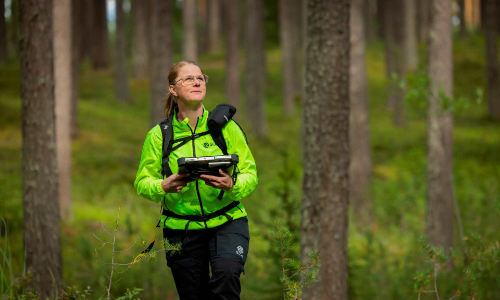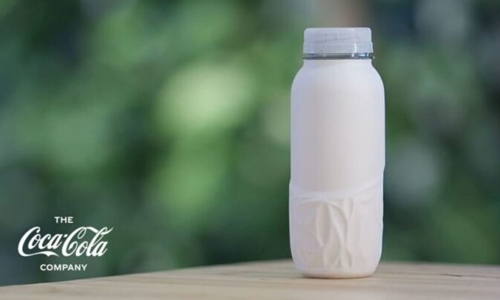
Imagine a world where each and every piece of packaging produced and sold is also collected and recycled after use – a World Without Waste.
That’s the goal stated by Coca-Cola: they aim to collect and recycle a bottle or can for every one they sell by 2030, while also substantially reducing their use of virgin packaging materials, and only using packaging materials that are 100% recyclable.
As part of this effort, Coca-Cola recently unveiled a prototype for a paper bottle with its partner, Paboco. They set Paboco the challenge of creating a bottle that is made from entirely renewable materials and is fully biodegradable.
Paper seems the obvious choice with its inherently sustainable, renewable and recyclable attributes. Paper is based on wood, a natural and renewable material. As young trees grow they absorb CO2 from the atmosphere. Furthermore, as a wood product, paper also continues to store carbon throughout its lifetime.
The paper industry has a number of respected certification schemes ensuring the paper you use has come from a sustainable forest source. The two most recognisable certifications are the Forest Stewardship Council® (FSC®) and the Programme for the Endorsement of Forest Certification (PEFC™). 74% of wood and 90% of pulp purchased by the European pulp and paper industry is FSC or PEFC certified.
Furthermore, in Europe, 72% of paper consumption was recycled in 2019, making it one of the most recycled of all materials.
Coca-cola is at the stage of a first-generation prototype ready that they believe can play a part in helping to achieve their goal of a World Without Waste. To view the prototype and find out more, visit here.


